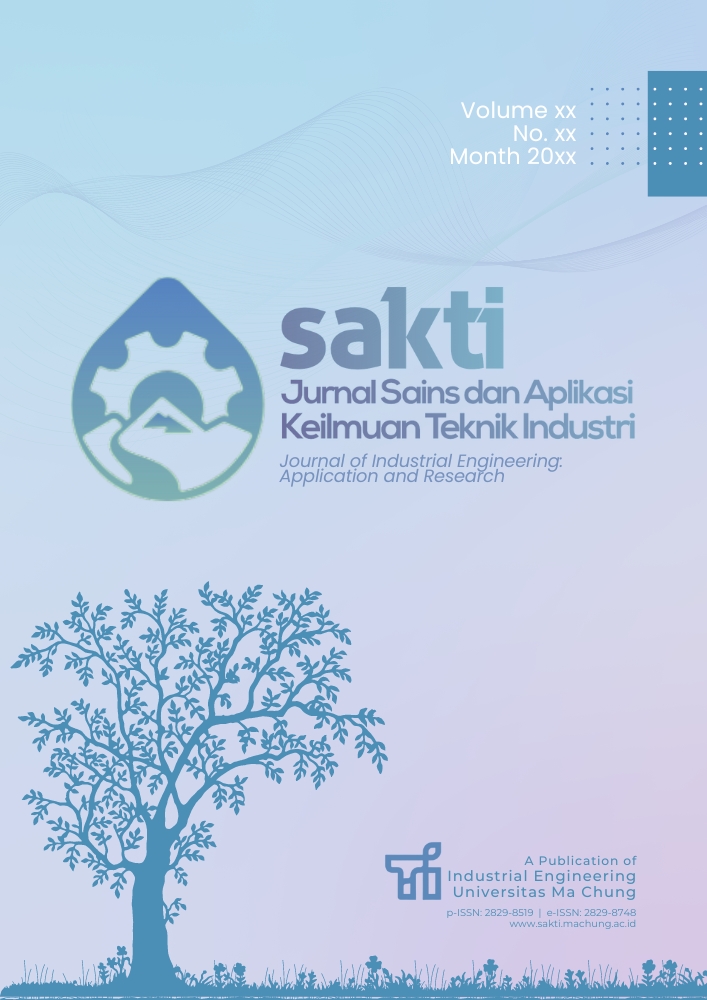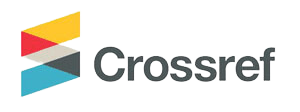Determination of Physical Enviroment Factor Levels to Improve Productivity in the Filleting Process
Case Study: PT Bumi Menara Internusa
DOI:
https://doi.org/10.33479/sakti.v4i1.90Keywords:
Productivity, Taguchi, Physical Work Environment, Salmon filletAbstract
PT Bumi Menara Internusa Surabaya is a producer of processed frozen seafood products, which uses a lot of human resources in its production. The use of human resources in the production process is closely related to productivity which will ultimately affect work efficiency and effectiveness. PT Bumi Menara Internusa itself has many products from various types of fish, one of which is salmon. The production process for frozen salmon products has several processing stages, one of which is the filleting process. The filleting process is a process where the fish flesh is separated from the fish backbone. To determine employee productivity in the production of frozen salmon products, employee output will be recorded every hour. Based on observations, records held by the company and interviews that have been conducted, it was found that employees in the fillet section were often unable to achieve the daily output targets that had been planned and calculated by the department concerned. Therefore, research was carried out using the Taguchi method to increase the productivity of salmon fillet employees. The results of the research carried out were an increase in productivity value of 3.556.
References
Hadi, Y., Irawan, R., & Kelana, O. H. (2018). Peningkatan Produktivitas UMKM Menggunakan Metode American Productivity Center. Jurnal Metris, 19(01), 7-18.
Iriawan, N., & Astuti, S. P. (2006). Mengolah Data Statistik dengan Mudah Menggunakan Minitab 14. Yogyakarta: Andi.
Komariah, A., & Lestari, M. S. (2016). Pengaruh Suhu dan Intensitas Cahaya terhadap Waktu Penyelesaian Target Pekerjaan Perakitan. Prosiding SNAST, 206-211.
Montgomery, D.C. (2013). Design and Analysis of Experiments (8th ed.). Massachusetts: John Wiley and Sons, Inc.
Nugroho, A.J. (2021). Tinjauan Produktivitas dari Sudut Pandang Ergonomi (1st ed.). Padang: PACE.
Sedarmayanti. (2011). Tata Kerja dan Produktivitas Kerja (3rd ed.). Bandung: CV. Mandar Maju.
Setiyanto, H. (2011). Study Identifikasi Pengaruh Jenis Musik terhadap Produktivitas Kerja [Unpublished undergraduate thesis]. Universitas Islam Indonesia.
Sijoatmodjo, R., & Hadi, Y. (2021). Analisis Produktivitas Unit Produksi di Perusahaan Abon UD Sumber Hasil Malang dengan Menggunakan Metode Objective Matrix (Omax). Jurnal Sains dan Aplikasi Keilmuan Teknik Industri (SAKTI), 1(1), 39-42. https://doi.org/10.33479/jtiumc.v1i1.6
Padmanaba, C. G. R. (2006). Pengaruh penerangan dalam ruang terhadap produktivitas kerja mahasiswa desain interior. Dimensi Interior, 4(2), 57-63.
Pranogyo, A.B. (2020). Modul Pembelajaran Manajemen Operasional 1. Jakarta: Sekolah Tinggi Ilmu Ekonomi Jakarta.
Puspitaratna, M., & Dwiyanti, E. (2013). Perbedaan sebelum dan sesudah pemberian musik pengiring kerja terhadap peningkatan produktivitas pada pekerja wanita pabrik rokok gagak hitam kabupaten bondowoso. The Indonesian Journal of Occupational Safety and Health, 2(2), 167-174.
Yusuf, M. (2013). Pengaruh Kebisingan terhadap Waktu Penyelesaian Pekerjaan Operator. Prosiding Industrial Engineering National Conference (IENACO).









